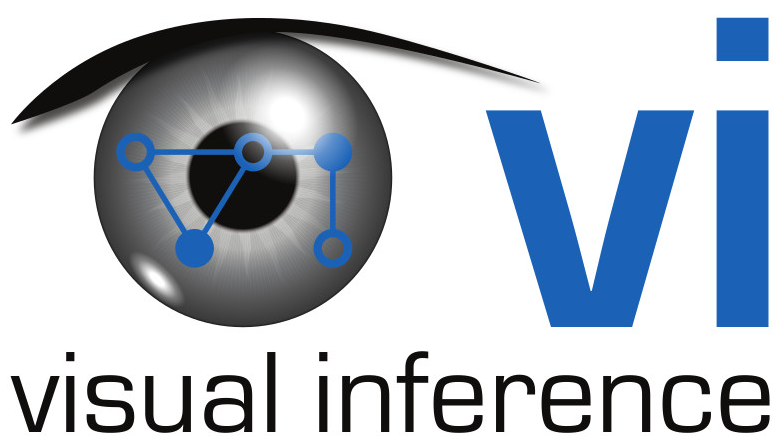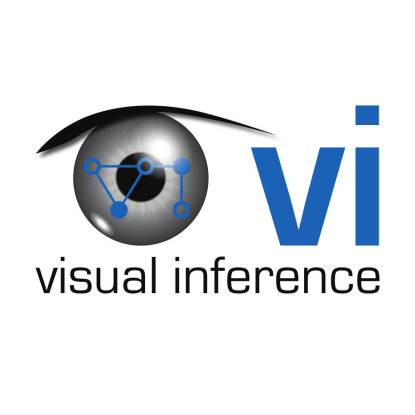Organization
| Course materials (Moodle) | Link |
| TUCaN | Link |
| Module no. | 20-00-0157-iv |
| Event type | integrated course (IV4, 6CP, 4SWS), elective |
| Being taught | regularly, usually winter semesters |
| Time | Lecture: Mon. 13:30-15:10, Exercise: Mon. 15:20-16:30 |
| First class | Lecture: 13.10.2025, Exercise: 27.10.2025 |
| Location | S2|02 C205 (Lecture and Exercise) |
| Lecturer | Prof. Stefan Roth, Ph.D. |
| Assistants |
Dustin Carrión M.Sc. Baris Zöngür M.Sc. |
Content
- Basics of image formation
- Linear and (simple) nonlinear image filtering
- Foundations of multi-view geometry
- Camera calibration and pose estimation
- Foundations of 3D reconstruction
- Foundations of motion estimation from video
- Basics methods for object recognition
- Object classification and detection
- Deep learning for object recognition
- Basics of image segmentation



